Can you keep VPN on all the time? How to always keep VPN on?
7 min. read
Updated on
Read our disclosure page to find out how can you help Windows Report sustain the editorial team. Read more
Key notes
- It's a well-known fact that a VPN can solve a wide variety of privacy and security issues, but can you keep your VPN on all the time?
- Truth be told, there's almost nothing wrong with staying connected to your VPN all the time. However, you might experience the occasional Internet speed drop.
- Check out our best VPNs that can help you stay secure 24/7.
- Visit the Security Hub to discover more guides on keeping your devices' security at optimal levels.
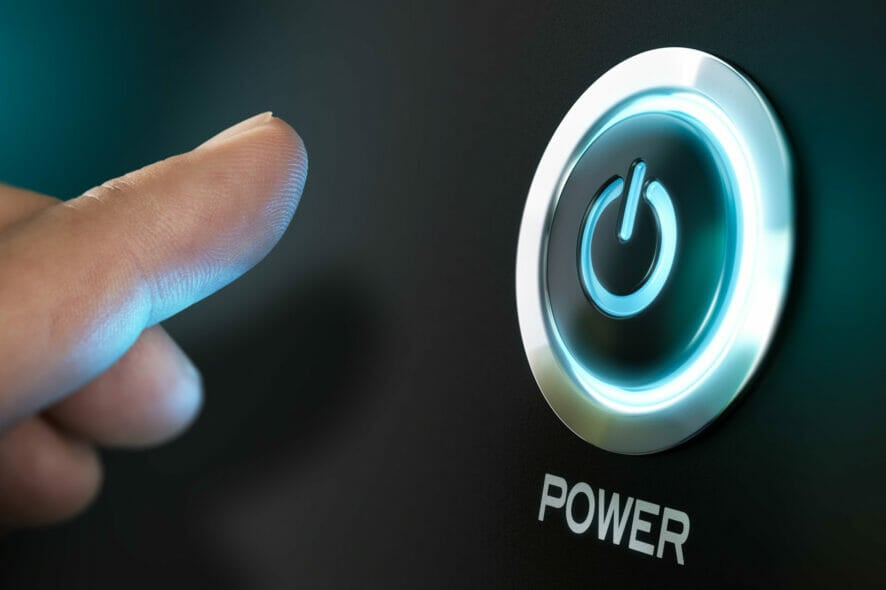
It’s a well-known fact that a VPN can solve a wide variety of privacy and security issues, but can you keep your VPN on all the time? Even casual users can appreciate that a VPN can save you from a lot of hassle.
Is your ISP snooping around your connection or throttling your bandwidth? VPN can take care of that. Want to bypass censorship or geographical restrictions? You can count on VPN to circumvent those.
However, some users believe that VPN usage should have a more occasional nature. In turn, they only use VPNs as needed, then turn them off whenever their online activity isn’t worth hiding from authorities.
If you’re curious if it’s possible to keep your VPN on all the time, then the answer is yes. VPNs offer a lot of configuration options that enable you to run the VPN at startup and automatically connect to the best server.
There are even kill switches that turn your default Internet connection off if no VPN is detected. So, yes, there are plenty of ways to make sure your VPN connection stays on at all times.
However, the real concern here is whether or not you should keep your VPN on all the time. Keep reading if you want to find out.
Should you keep your VPN on all the time?
1. If you frequently use public WiFi
Using public WiFi can be both a treat and a real threat. Free Internet is never something to turn down, so many overlook the importance of keeping themselves safe in this type of environment.
Public WiFi networks serve as honeypots to any ill-intended user. The moment you walk in without any means of protection, you’re virtually painting a huge target on your back.
Furthermore, the thrill of using the Internet without having to pay for it might make you forget about using protection.
Therefore, even if you do have a VPN in this case, you might forget to turn it on before you connect.
However, that wouldn’t happen if you had your VPN on, waiting on you to connect to that public WiFi so it can secure your connection and protect your privacy.
2. Does your ISP throttle your bandwidth?
If you remember paying for a lightning-fast Internet plan and you notice that your connection isn’t nearly as fast as advertised, your ISP might be throttling your bandwidth.
This means that even though your connection should take up to 1000 MB/s, your ISP might limit it to, say, 5 MB/s.
The reason your ISP might resort to doing that is usually cost reduction, or to circumvent network congestion instead of fixing the routing or managing subnets properly.
More often than not, bandwidth throttling isn’t occasional and you should be able to notice it all the time. It also happens that your bandwidth might be only limited during traffic peak hours.
Regardless, it’s still unfair and annoying when it happens. If you want to take your mind off of it, just connect to a fast VPN server, leave your VPN on at all times, and forget it even exists.
3. Are you downloading torrents?
It’s already common knowledge that downloading torrents could land you a warm spot on many lists. And not the good ones, either. Due to various websites that facilitate pirated content through torrenting.
Whatever the reason is, you’d be better off downloading torrents while behind a VPN. Your ISP might be actively monitoring for torrenting activities and mark you with a red flag, even if your download is legit.
As we’ve said before, the thrill of downloading something fast might blindside you and you may forget about protection. Therefore, leaving your VPN on at all times might spare you the headaches.
More so, we also advise you to keep the kill switch feature toggled on at all times, too.
Your VPN connection might fail and your device will most probably default to a previously known-to-work connection that is not VPN-secured.
A kill switch will prevent this from happening by cutting your Internet access if no VPN connection is detected.
4. Frequently making online payments
If the stars align all wrong, your payment information can be intercepted by wrongdoers and before you know it, your money might be all gone.
Using a VPN won’t necessarily prevent that from happening all the time, but it will certainly make it infinitely harder for the perpetrators.
If you’re a busy individual who doesn’t like to over-complicate things and keep a clean shop, you should keep your VPN all the time.
It will save you the hassle of manually activating it each time you need to make a transaction.
5. Wanting to unblock geo-restricted or censored content?
If you feel that online censorship and geo-restrictions are unfair, then you probably learned that VPN can bypass them without a hiccup. Take US or UK Netflix for instance.
If you’re not physically located in the right region, you can’t access either of them. However, a trustworthy VPN can help you bypass these limitations in no time.
In this case, leaving your VPN running all the time can do no harm. In addition to helping you access restricted content, it can also shield you from hackers, your ISP, or any data-seizing government agencies.
6. Worried about your online privacy?
This should be at the top of the list, but, as we’ve said earlier, most users regard VPN‘s utility as merely occasional. As a result, not many are concerned with their online privacy, when in fact this should be their first concern.
But, to get back on tracks, if you’re worried about your online privacy, then you should definitely leave your VPN running at all times. This will make it way more difficult for anyone to track your every move online.
Sure, VPN might slow down your Internet speed a bit, but in our opinion, that’s a tiny price to pay for regaining what’s rightfully yours: your privacy.
On the other hand, if your ISP also has the unfortunate habit of throttling your bandwidth (see scenario #2), you’ll circumvent it right away. VPNs are popular for curbing packet loss and improving in-game ping without an effort.
How to keep my VPN running all the time?
- Launch your VPN client (we used Private Internet Access)
- Access its configuration screen
- Make sure to enable the VPN to run at startup
- Toggle the Connect on Launch feature if available (could be named differently)
- Look for the kill switch feature and enable it
Although we’ve used Private Internet Access for our guide, most VPN services have these settings as well. Some of them might have different names or descriptions, but they should basically do the same thing.

Private Internet Access
Want a VPN that you can always keep on? PIA might be what you need.All in all, you need to make sure that your VPN runs at startup and automatically connects to a secure server.
More so, you need to enable the kill switch as well, so that your PC doesn’t send out any unencrypted traffic in the split seconds between booting and connecting to the VPN server.
Sure you can keep your VPN on all the time
To sum it up, there’s nothing wrong with keeping your connection secure and your online privacy safe 24/7. As long as you don’t use a VPN that offers limited bandwidth, everything should be fine.
Regardless of what your online activity consists of, keeping a VPN on all the time should only improve the quality of your connection.
You might experience a bit of Internet slow down at times, but all in all, it’s a small price to pay for a better, more secure connection.
[wl_navigator]









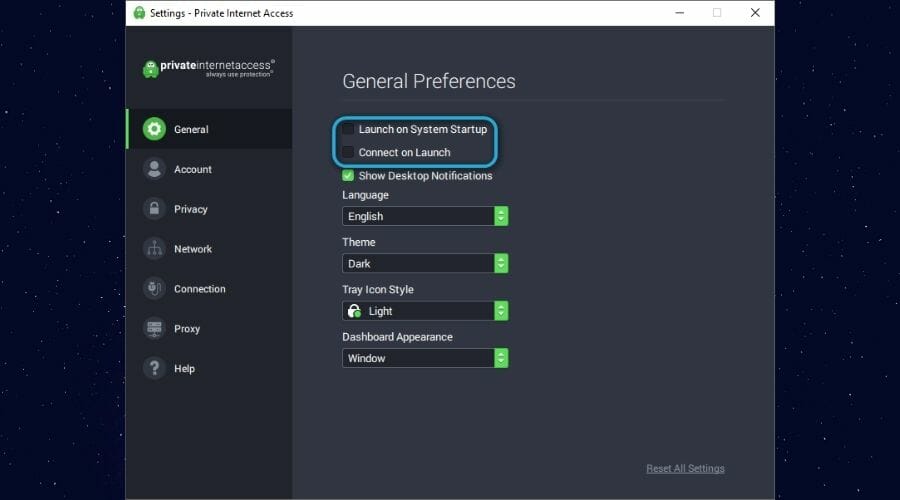
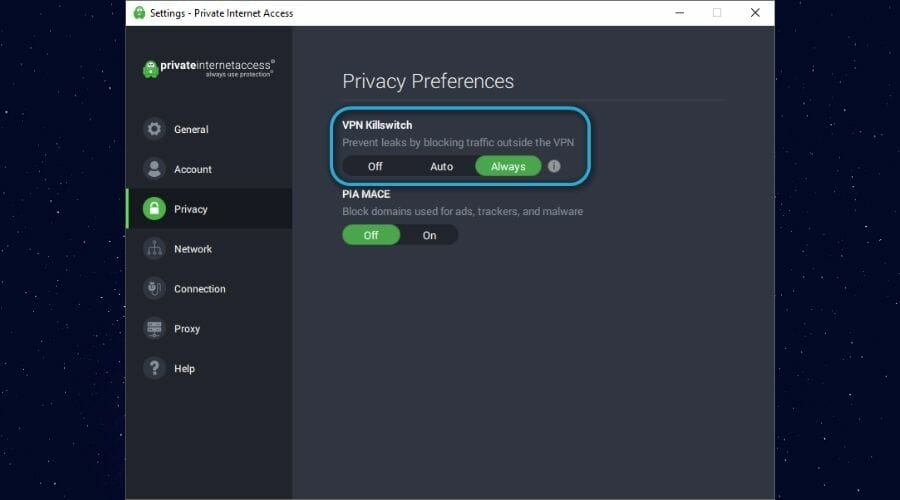
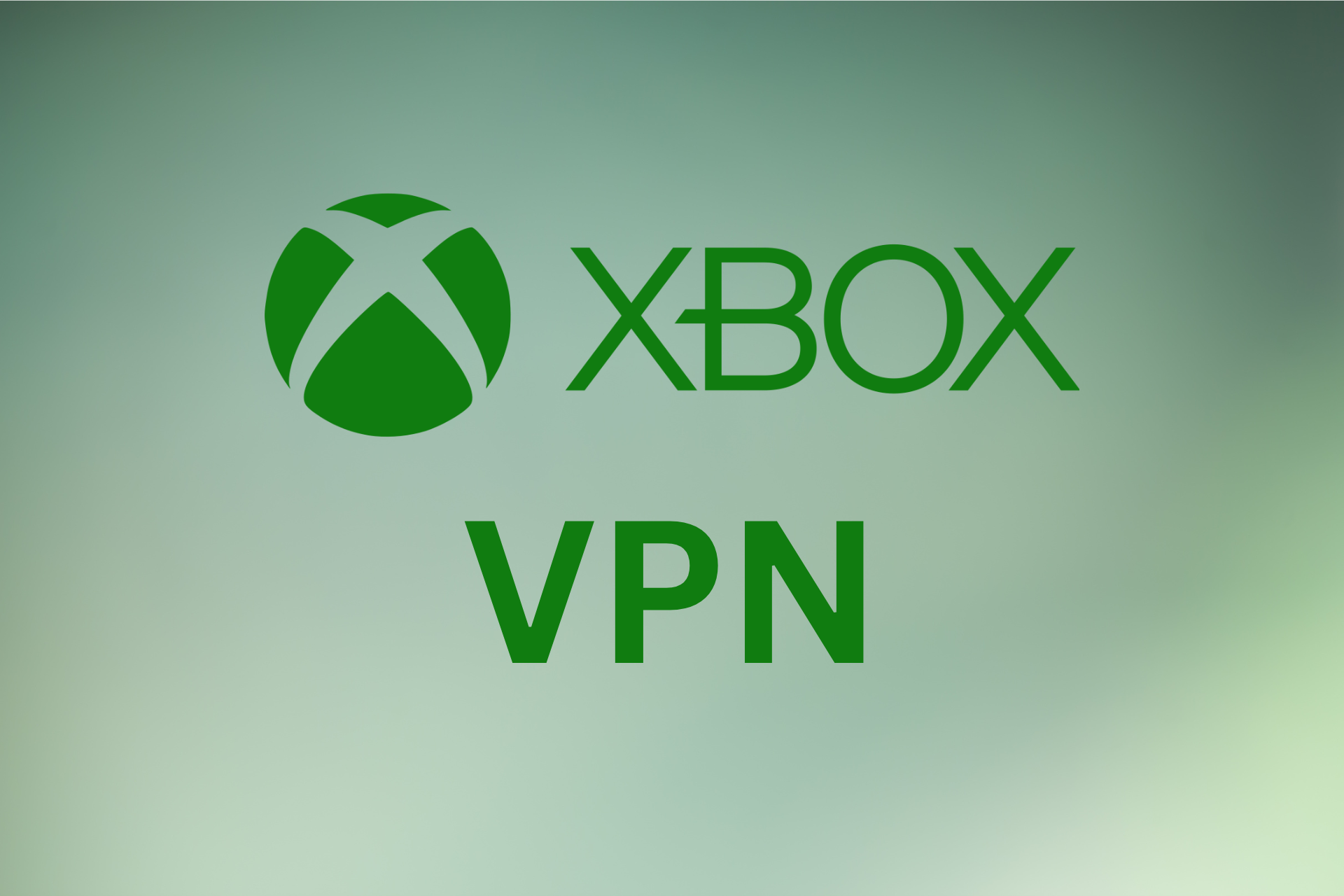

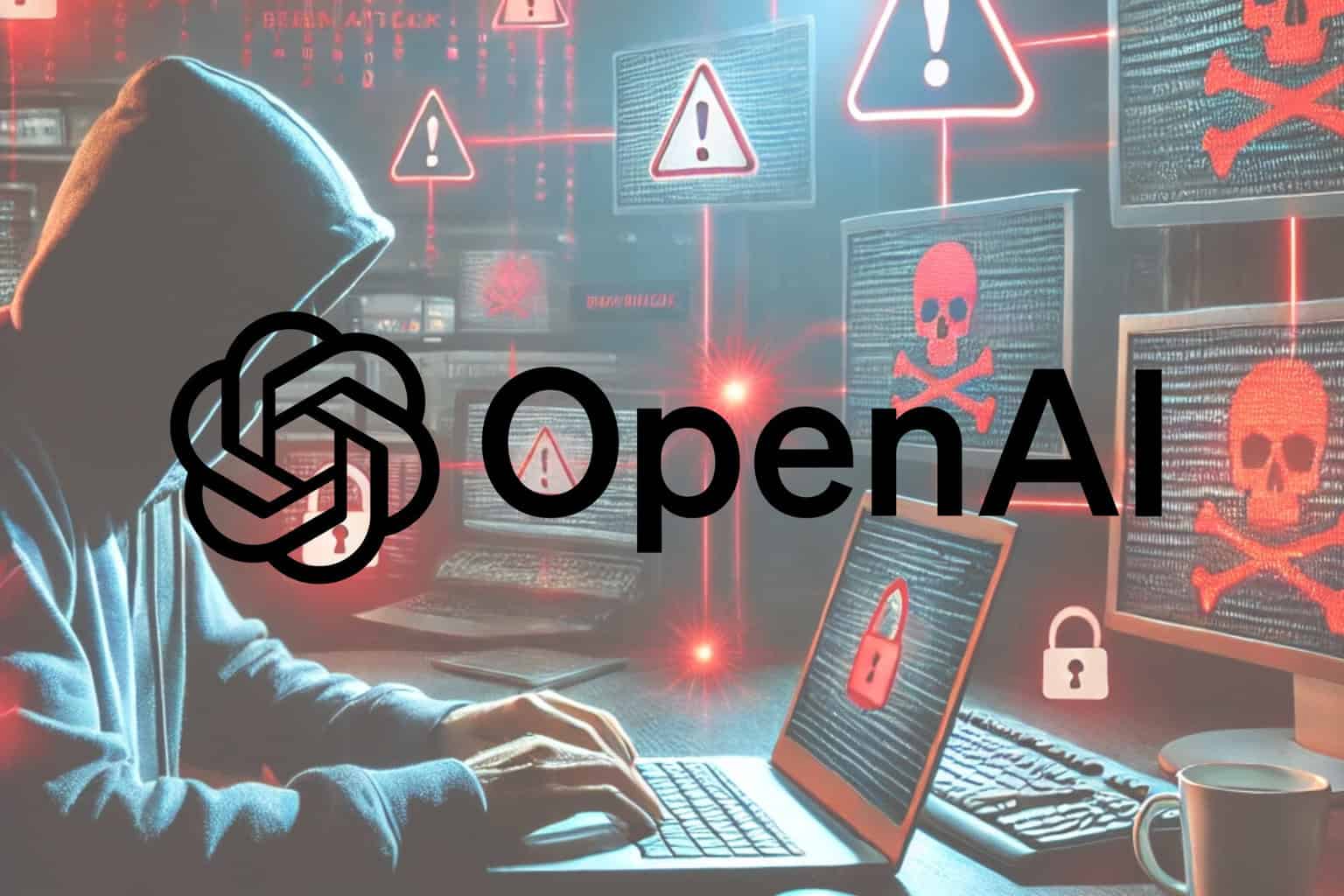
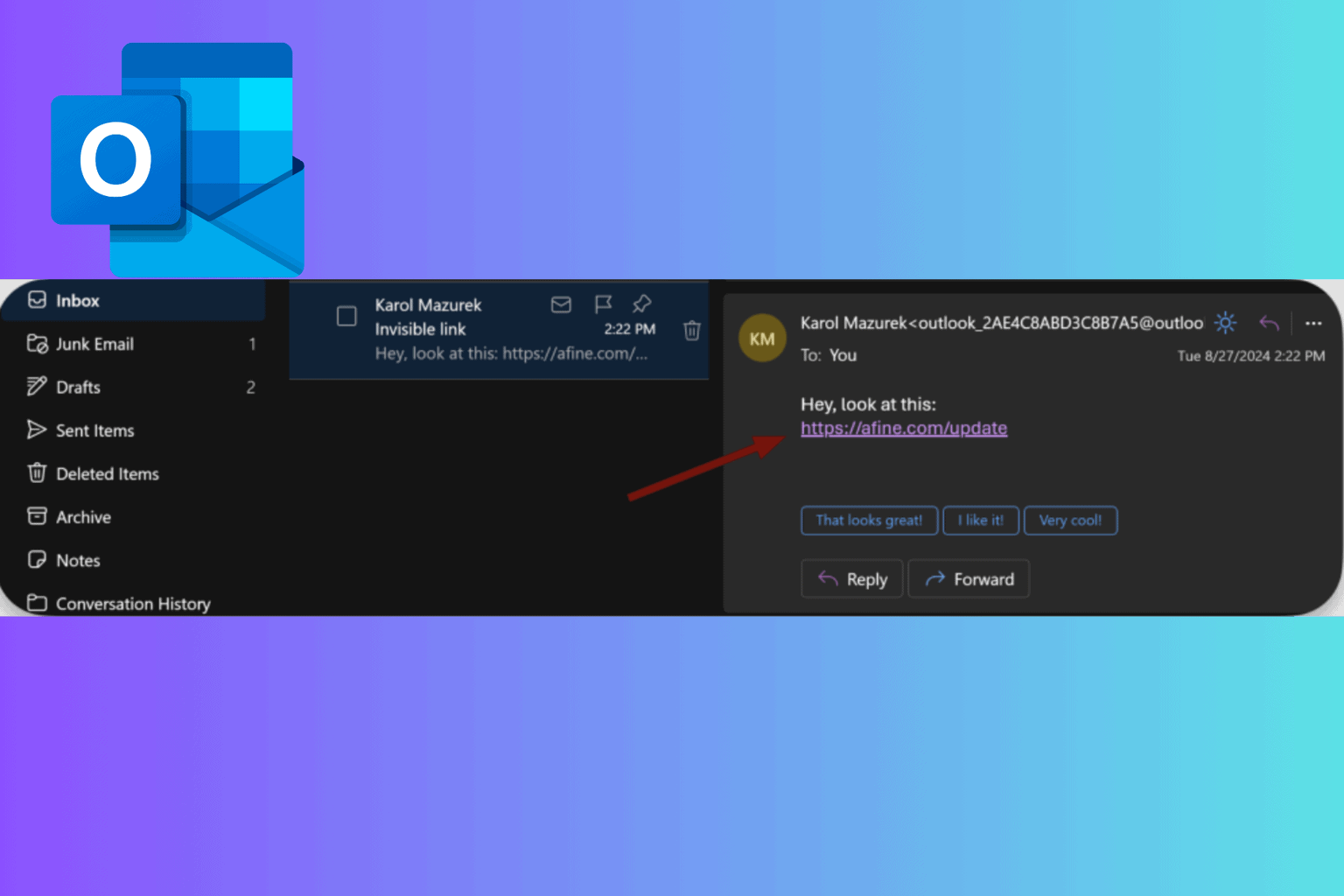
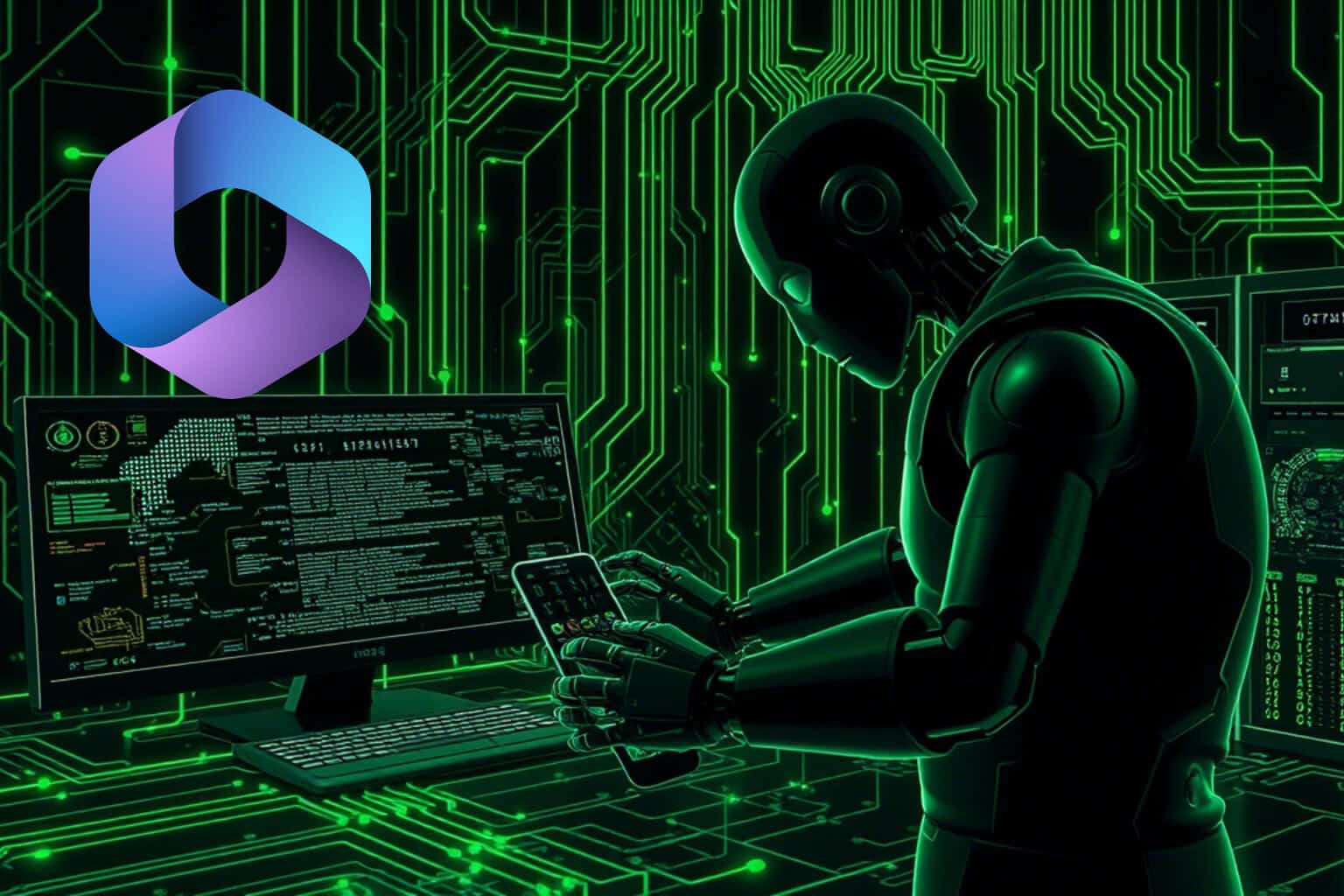
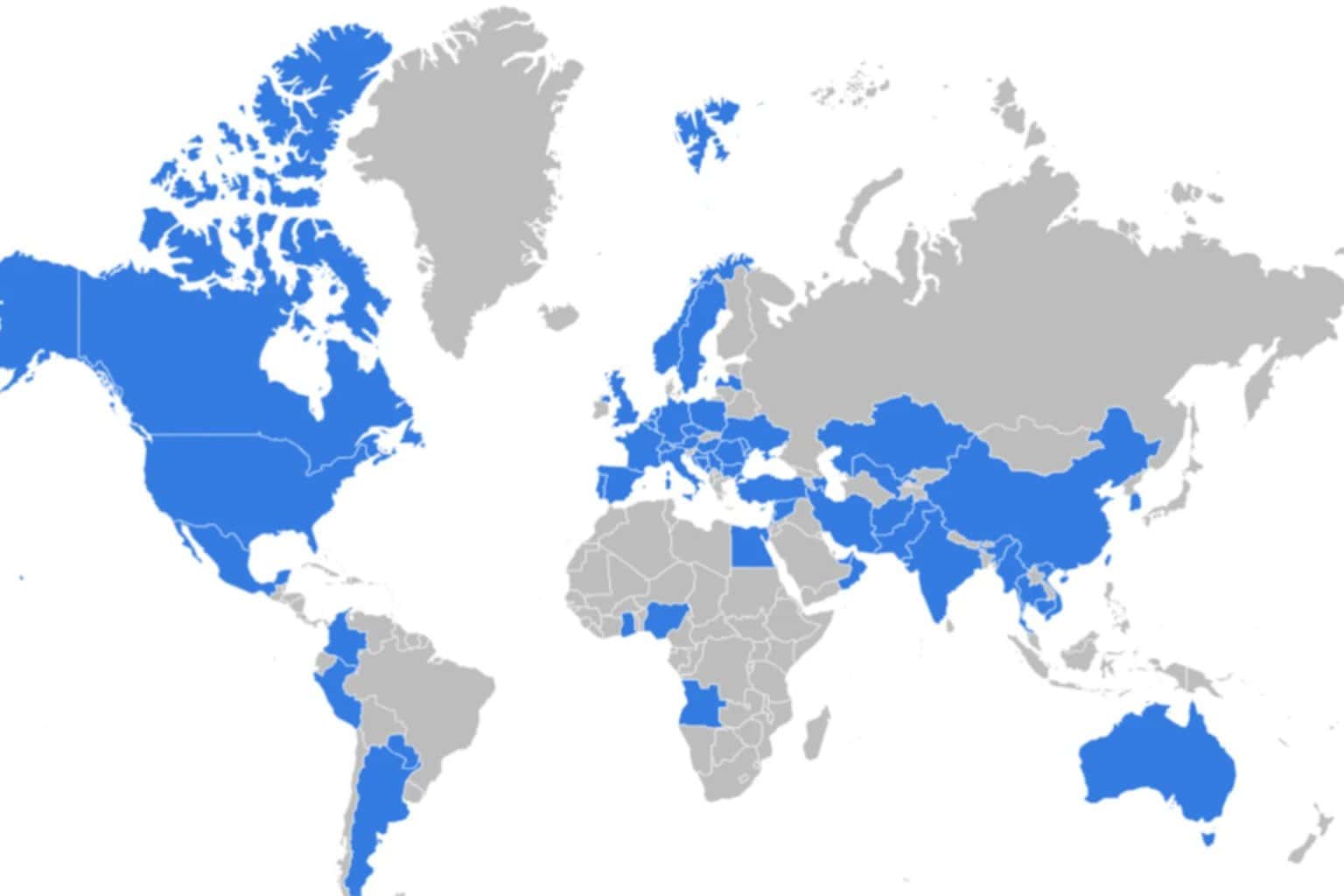
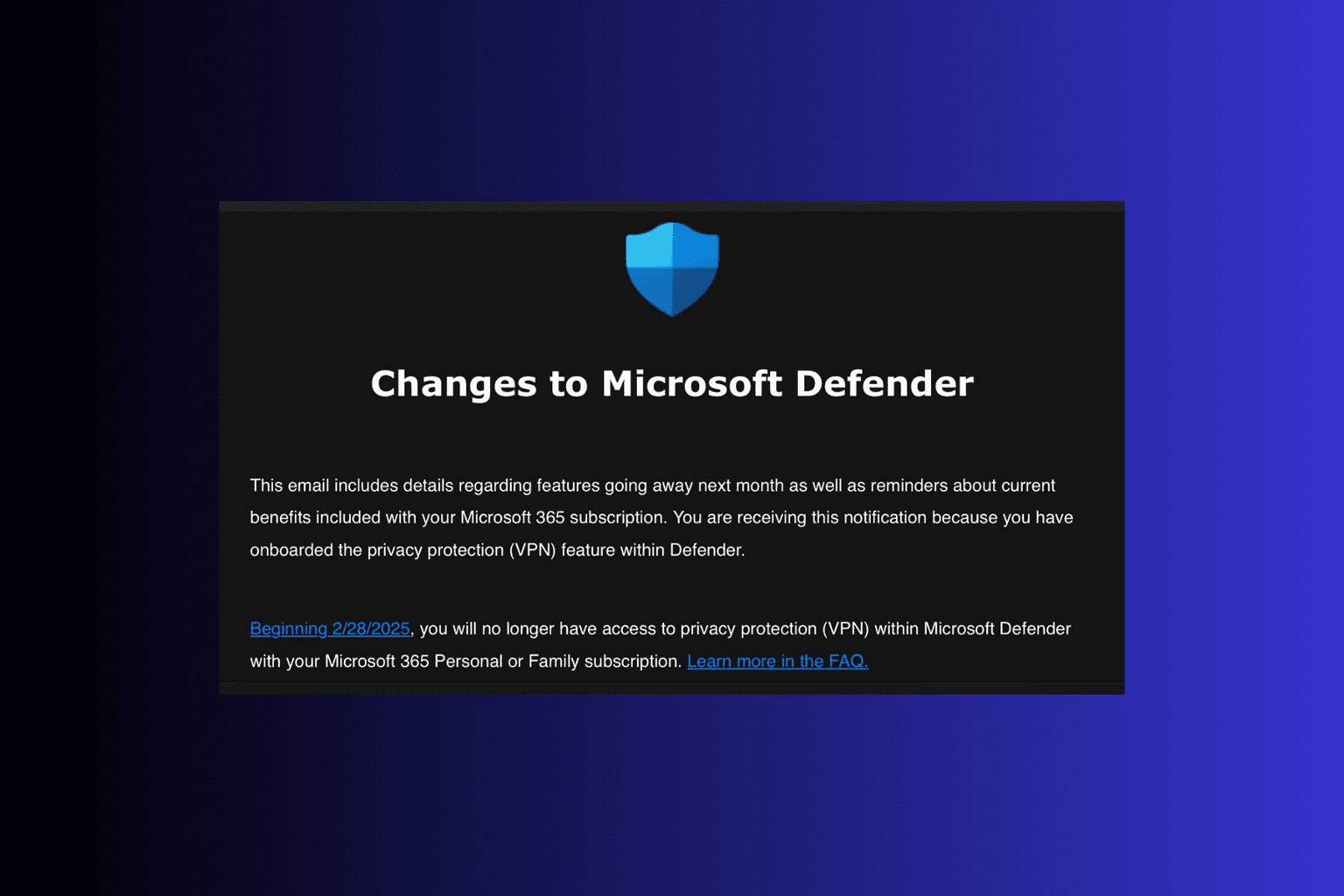
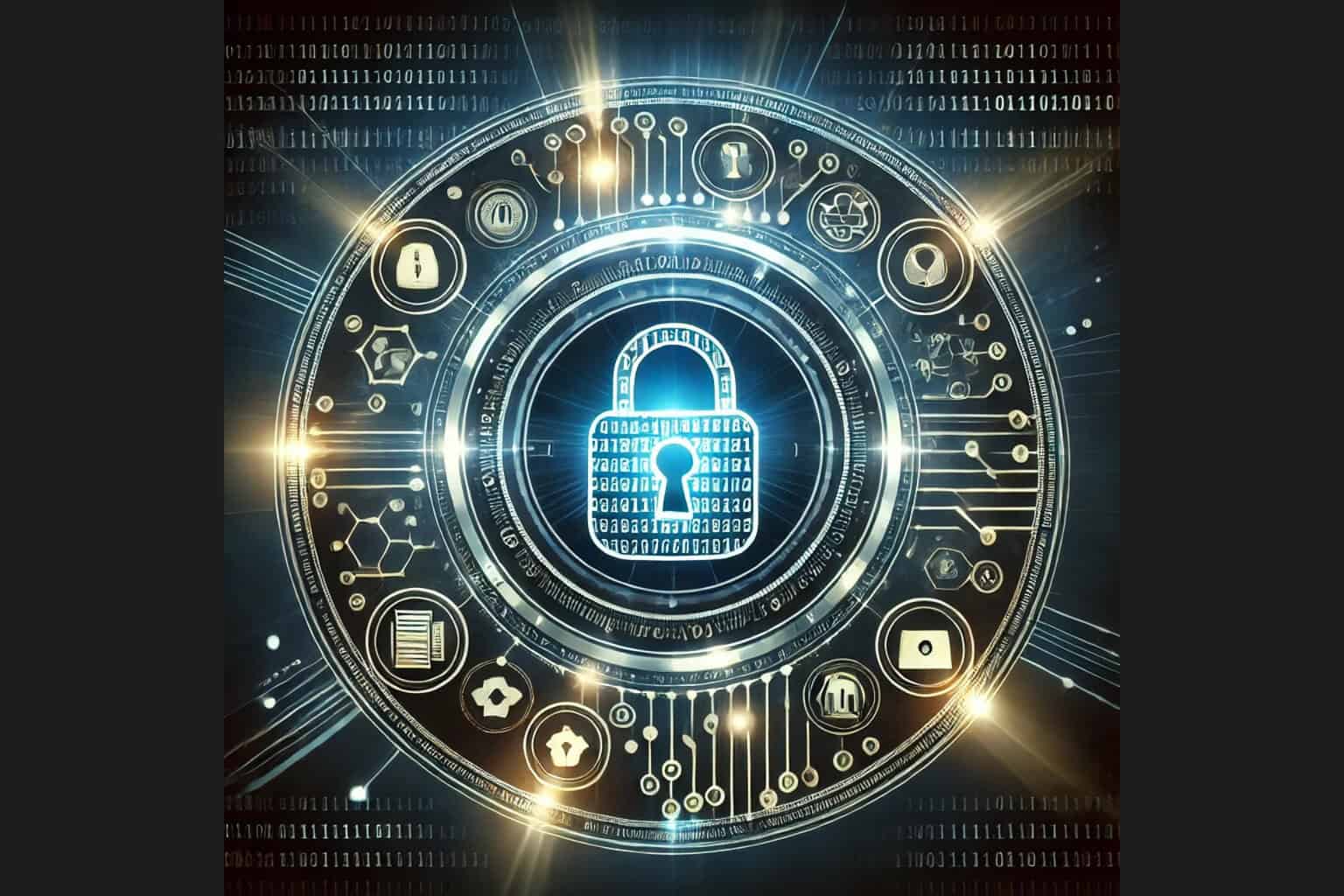
User forum
0 messages